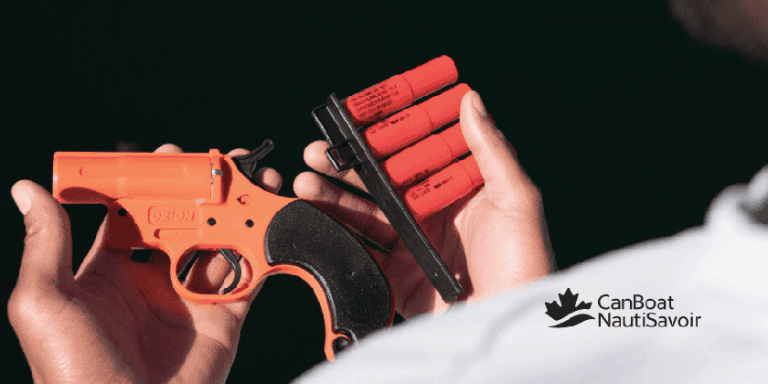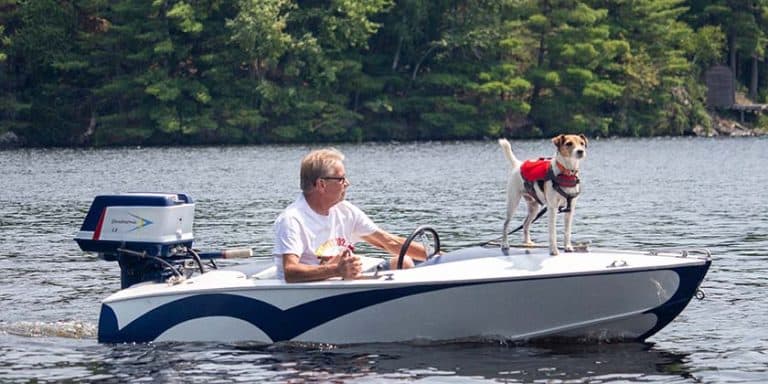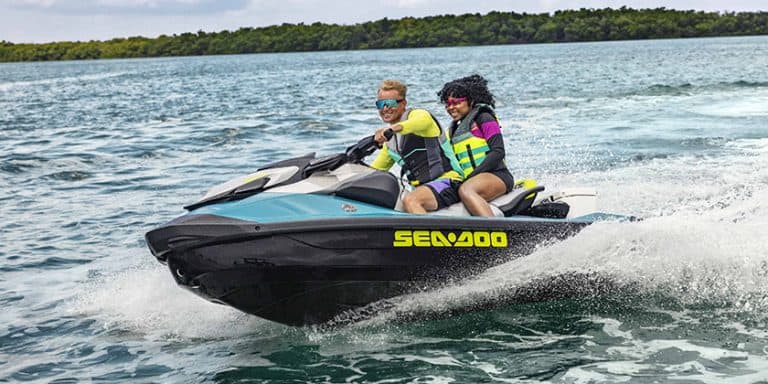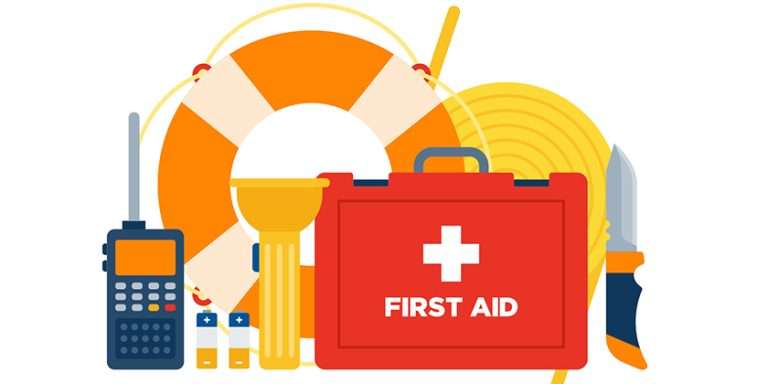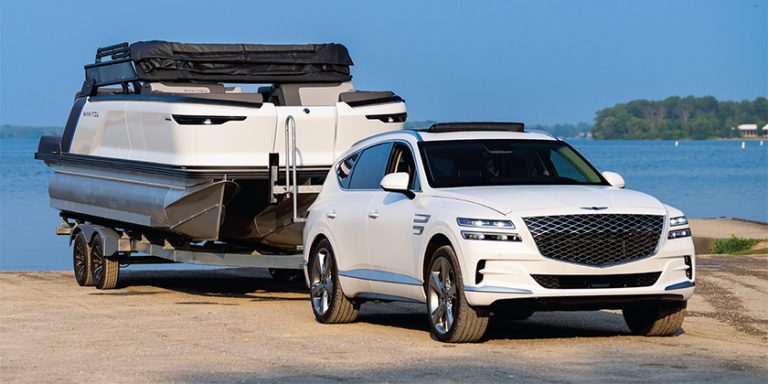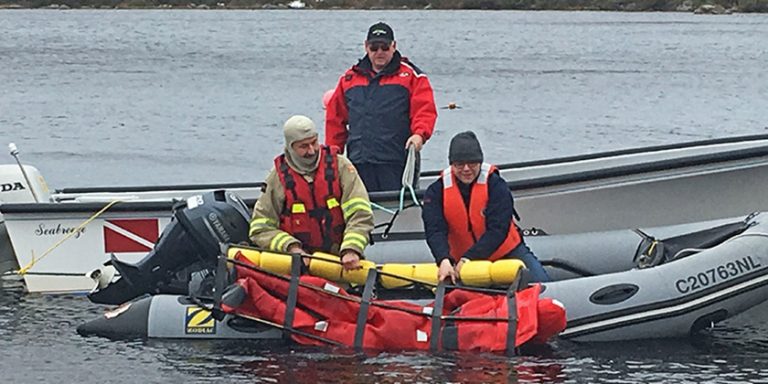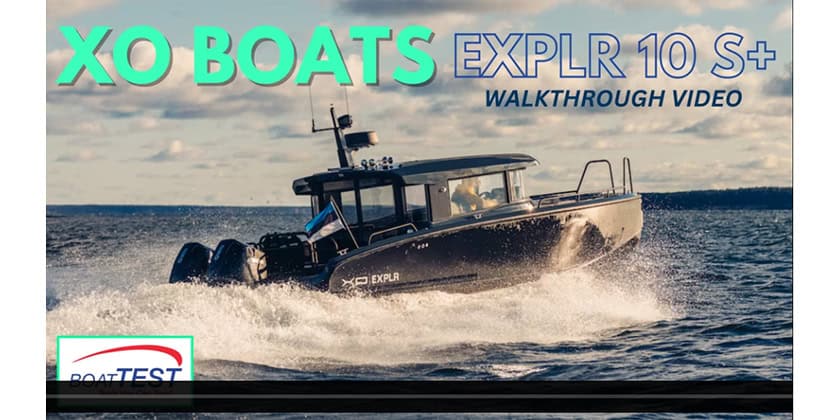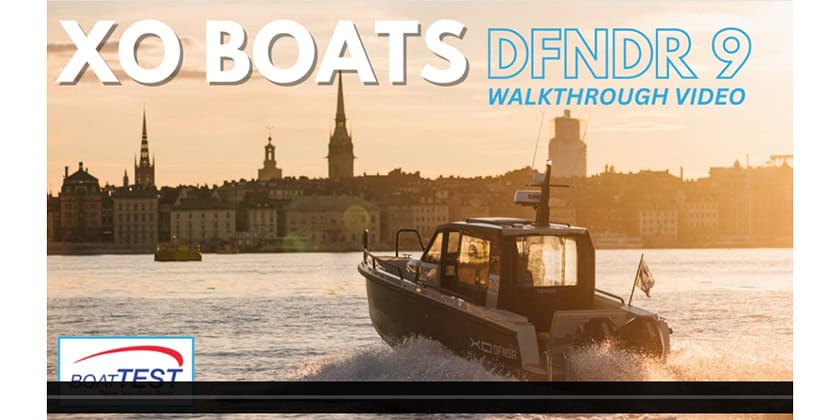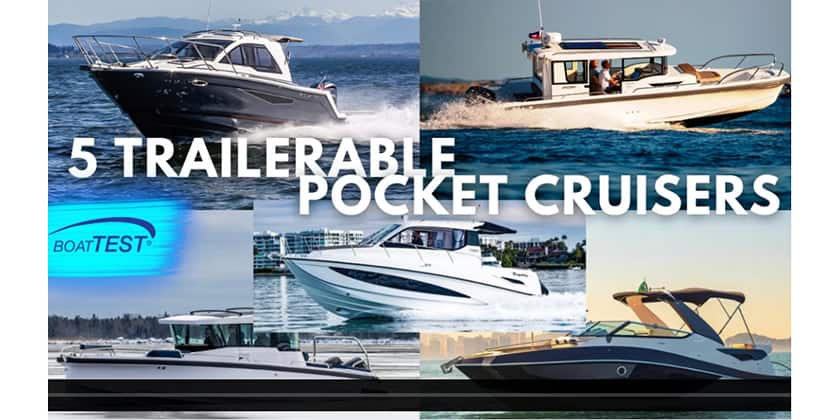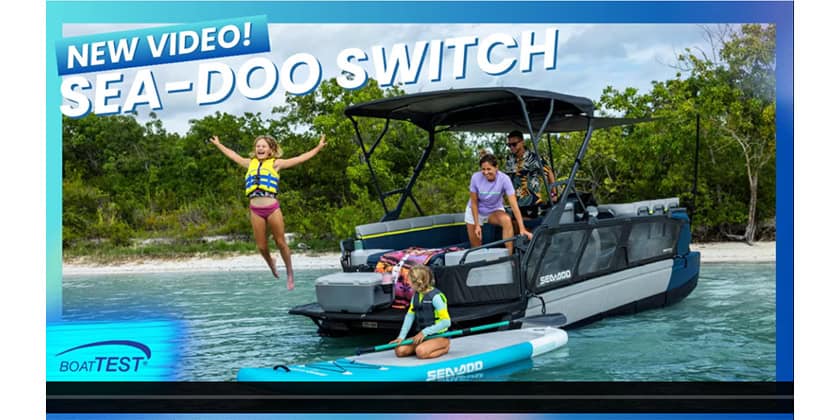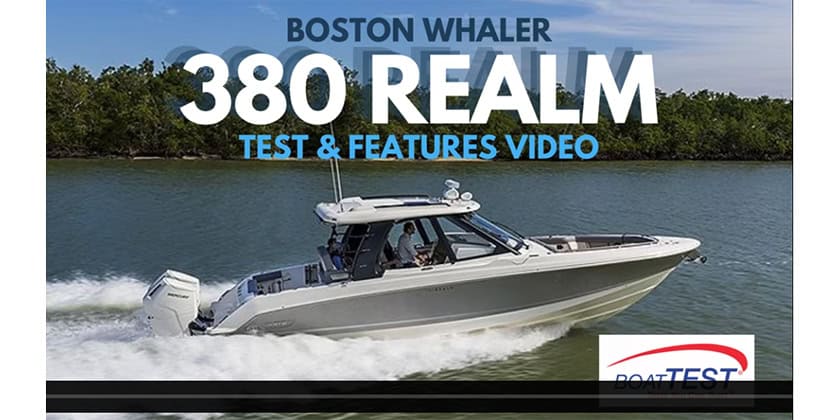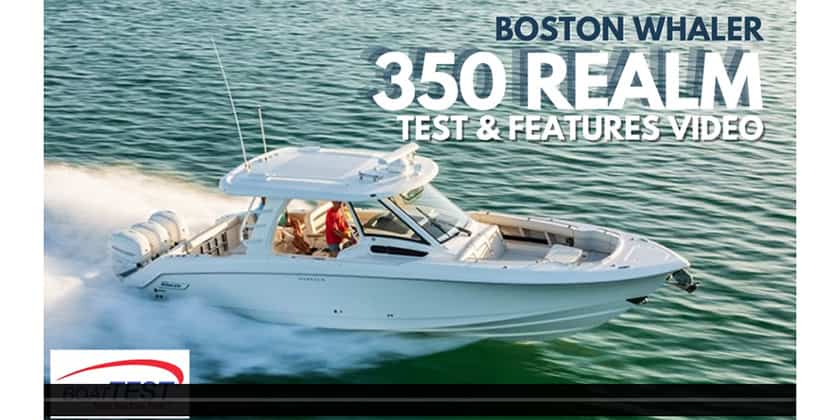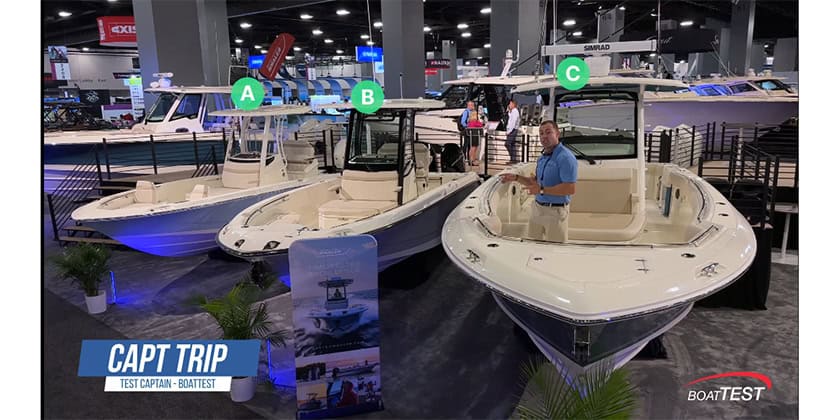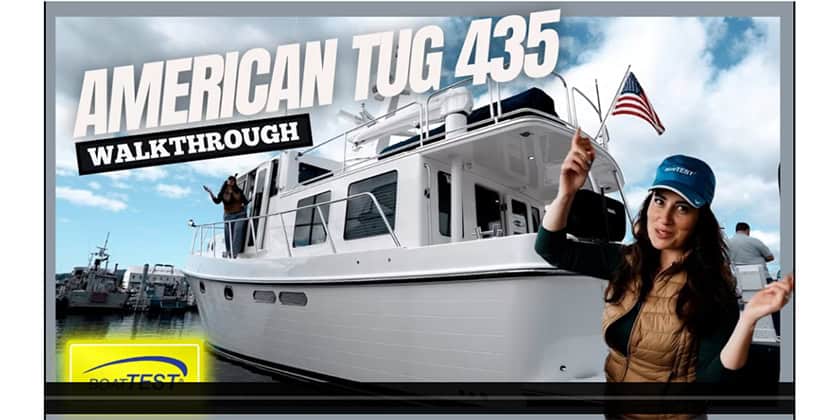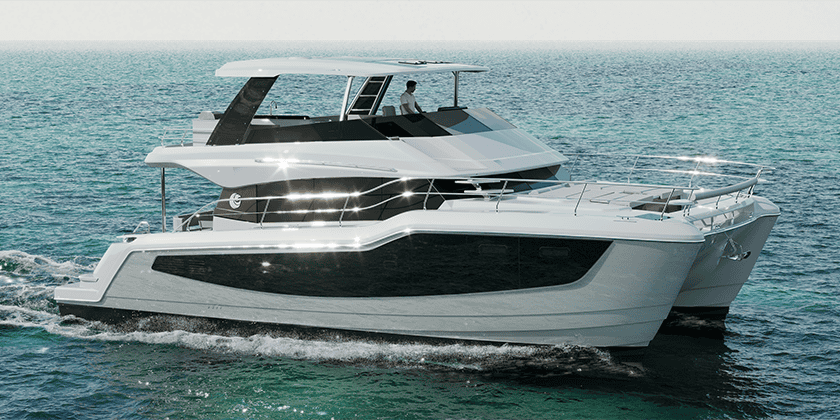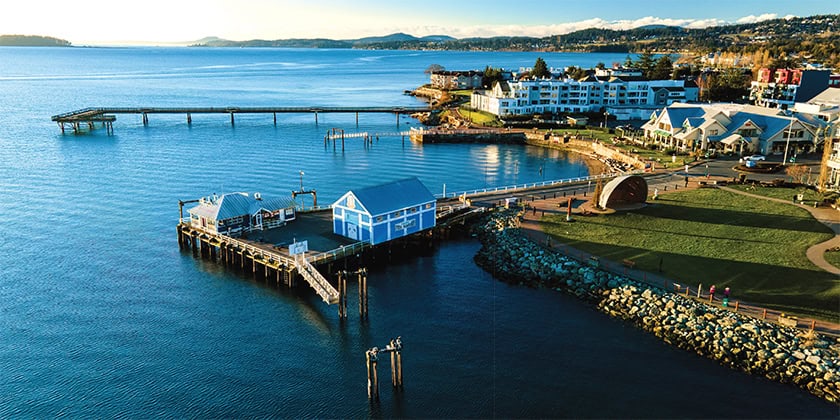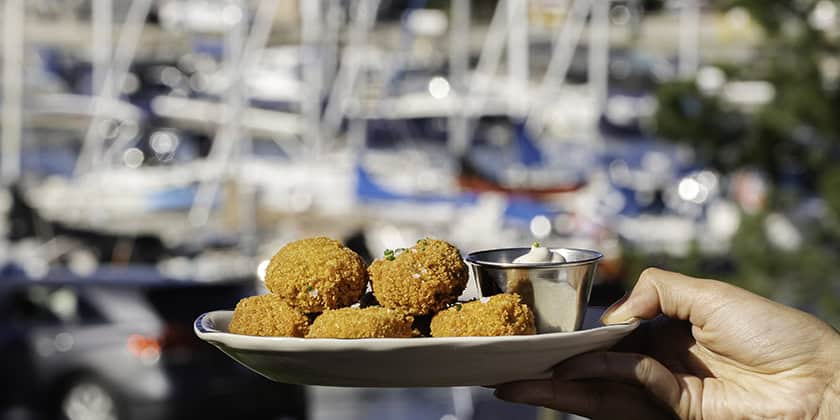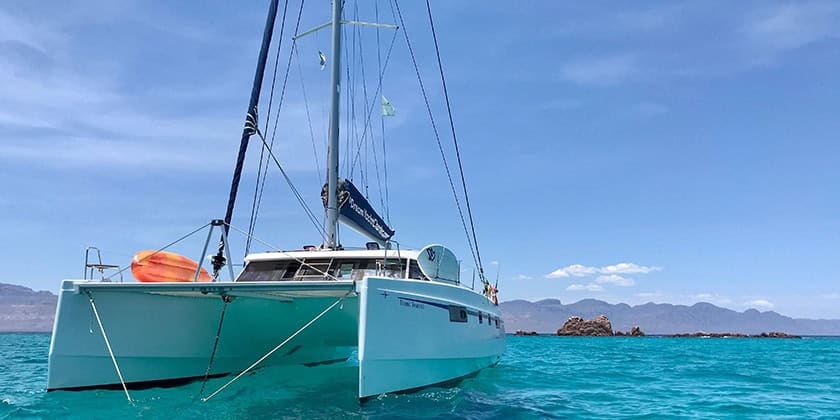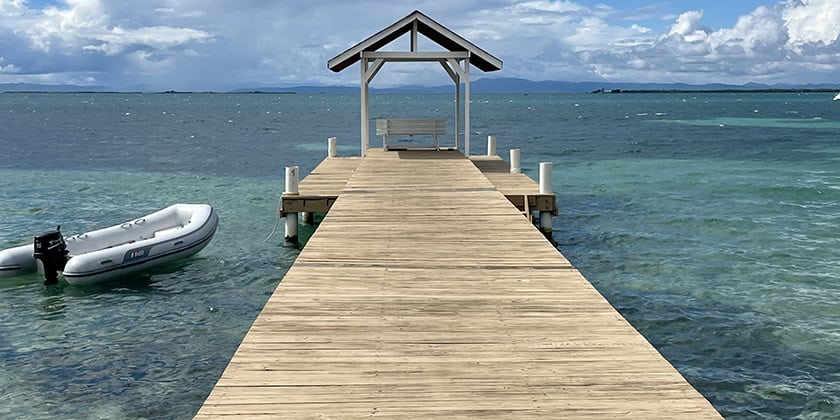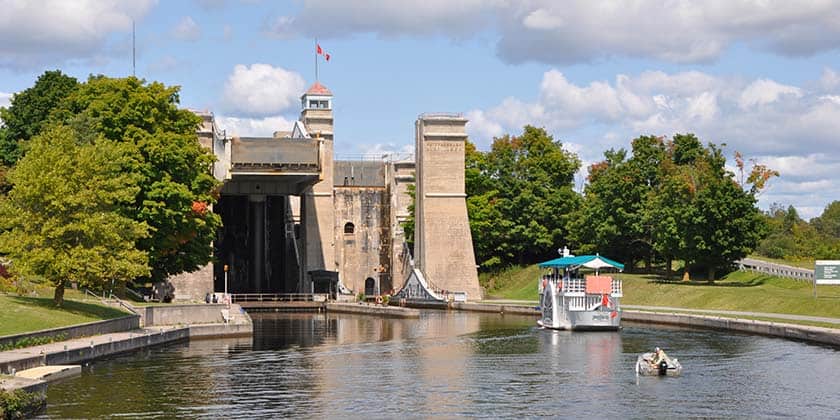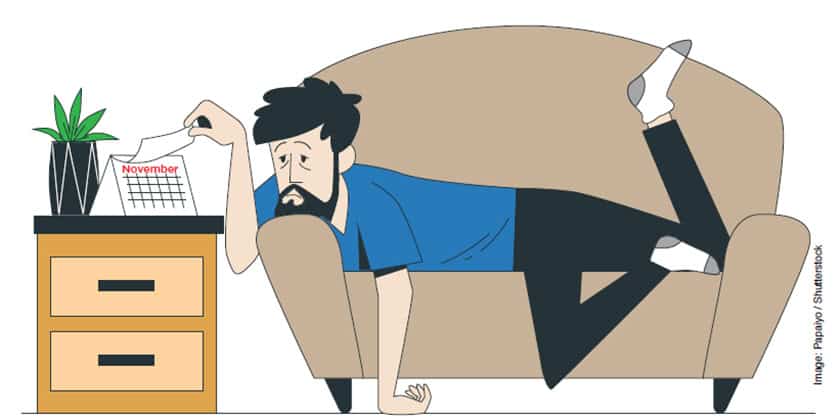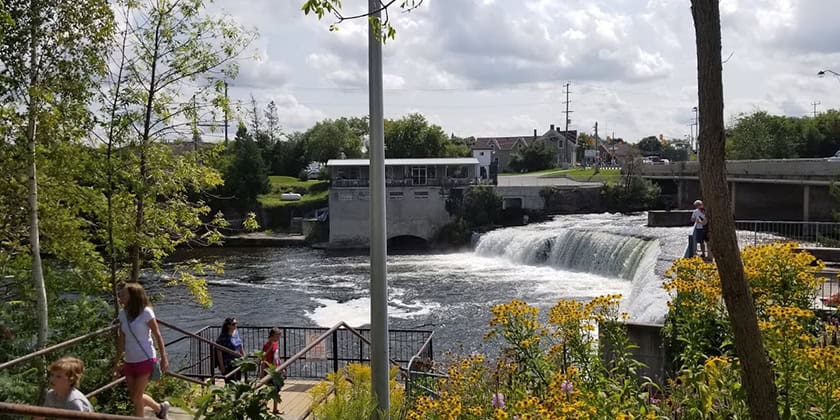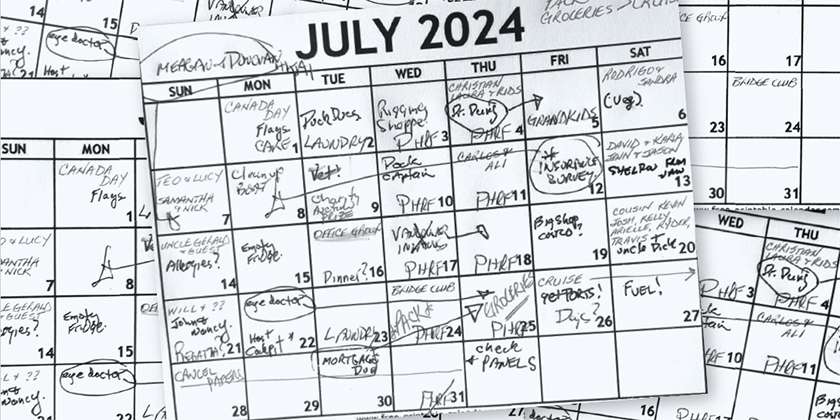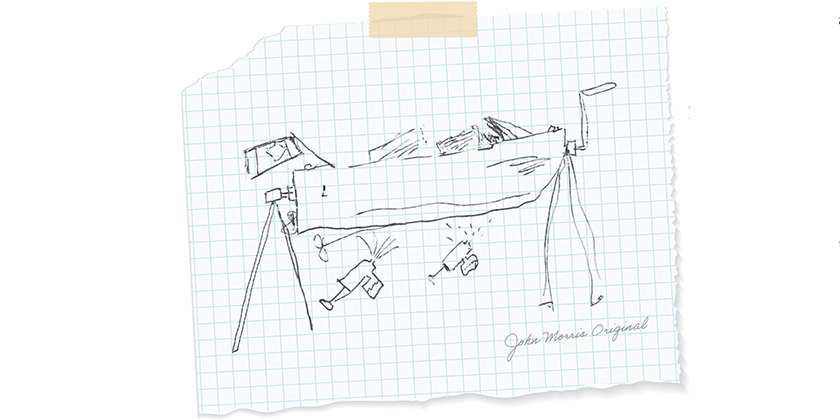Make (Safe) Mistakes – Build Experience
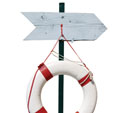
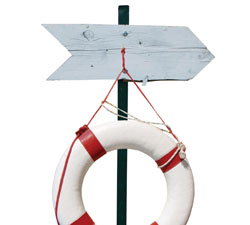 The best thing that can result from an accident: we (hopefully) learn from our mistake. Perhaps even better is when someone else has the accident and we learn from his or her mistake! I have spent many years on the water and in as many different roles – like everyone, a recreational boater, like many, a sailing instructor and, like a few, in charge of a Search and Rescue unit.
The best thing that can result from an accident: we (hopefully) learn from our mistake. Perhaps even better is when someone else has the accident and we learn from his or her mistake! I have spent many years on the water and in as many different roles – like everyone, a recreational boater, like many, a sailing instructor and, like a few, in charge of a Search and Rescue unit.
Regardless of the role, I have seen a few good screw-ups on the water, was the cause of a couple and have been able to help out in many. In the end, if everyone comes out of the incident in one piece, it is sometimes hard not to chuckle about the boneheaded move that got them there in the first place and even better to have a belly achin’ laugh at yourself if it was self inflicted. Ultimately, incident analysis is always interesting, usually educational and sometimes entertaining.
Breakdowns
It turns out the reason for the majority of calls for assistance is breakdowns – electrical, mechanical or other. “Other” sometimes means fuel starvation which really shouldn’t happen if you practice the “thirds” rule when it comes to consumption –1/3 to get there, 1/3 to get back and 1/3 for reserve if the trip doesn’t go as planned. As for preventing breakdowns, don’t assume everything under the cowling or beneath the deck boards is tickity-boo. Carry out regular inspections and maintenance and have spare parts onboard.
Once our SAR unit was tasked to assist a couple of commercial fishermen in a 25′ Cape Islander located a few miles offshore. Their mechanical failure was an overheating engine due to a broken drive-belt on the water pump and although they had a well stocked tool box, they had no spare belts. They had been sitting for a while when we arrived and were just putting the finishing touches on the nicest long-splice I have seen in a piece of poly-prop. It was the exact size of the broken fan belt and once installed, worked soundly. Although a spare belt would have been easier, their ingenuity and skills solved their problems and turned a slow tow into a quick trip back to port.
Operator Error
Being a responsible boat operator and aware of your surroundings is especially important – other vessels, tides, currents, shoals, wind. Boats are often launched without the stern plug and many a wayward boat has been hauled off a sandbar, shoal or a beach. I have searched for overdue vessels, boaters who had filed sail plans and whose itineraries were involuntarily changed on them. Telling someone where they were going ultimately allowed us to find them and help them out. Then there are the guys who need more than SAR help, the ones who figured a little tomfoolery makes boating that much more entertaining. Have you ever fit into this category? Amazingly, I did many years ago…
It was after dark. We were making our way back from a beach party. A 12′ Boston Whaler with a 40 on the back, me at the helm and a nice girl along for the ride – perfect. It was warm, flat water and no one around – straight and fast was no fun so why not throw in a few surprising whoopee turns? First turn was hair raising, second was fuel-tank shifting and the third was passenger ejecting! Holy crap. I throttled back and searched not knowing what to think. As the engine quieted down, I heard a sound from the dark that changed my life. “Peter! You get back here right now and pick me up!” I am sure she is still mad at me today but was I (and she) ever lucky. Be sure you are a responsible boat operator at all times and influence others to be as well. There is simply no place for horseplay on board boats, but unfortunately it’s the cause of many injuries and getting worse every year.
Medical
Having someone onboard who is certified in first aid is a smart plan. I have been certified since I was 16 when I first started teaching and have always been around people who have had training due to the nature of their jobs. I can’t imagine going boating without a good first-aid kit and with the knowledge to use it. Winter is a perfect time to spend getting trained – sign up now and be that much more prepared come spring launch. You won’t become a surgeon but you will certainly be able to provide help to someone or maybe yourself, so you can get back to shore and in touch with EMS or a doctor.
One afternoon. patrolling the water in our Fast Rescue Craft (FRC) we were hailed to an isolated beach by a group of very excited youngsters. As we came ashore we were told that a young fellow had stepped on a nail that was sticking out of some driftwood. This seemed basic enough until we determined that the nail had entered the bottom of his foot, was almost protruding out of the top of his foot AND was attached to a 15′ plank! This terrified young fellow was letting no one touch his foot and transporting the victim with nail and plank attached was not feasible. We made the call for higher medical assistance and treated the young fellow for shock. Before long, wailing sirens announced the arrival of the volunteer fire department, followed by the town doctor.
Things then took an ironic turn for the worse. As the fire truck slowed from racing speed, a fireman riding on the back of the truck leaped from the rear platform, misgauged his first step, rolled an ankle and embedded his body into the road. The doctor, driving his car just behind the fire truck, veered quickly, missed the sprawled responder and came to a skidding stop. Seeing that the firefighter’s colleagues were focused on their buddy, he bounded down the beach towards us with his black bag. As I rose to explain the situation, the doctor tripped over the far end of a 15′ plank, the one that was attached to the nail that was embedded in the young man’s foot. A howl of a thousand banshees exploded from of the victim’s mouth and there was no longer any need for further elaboration on the situation. As the medical master examined the foot, the sound of a revving chain saw made the horrified young man turn to see the firefighters coming towards him ready to cut things down to size.
With that distraction, the doctor wrapped his hand around the foot and yanked! The air was filled with screams – screams from the youngsters gathered expecting to see precision not meatball surgery; screams from a fireman having gravel picked from his buttocks; screams of joy as the young fellow was freed from his plank, hopped on his bicycle and sped away from the craziness; and a scream for the doctor, “Drop by my office for a tetanus shot!”
So, when you are planning your next season of boating this winter, think about what you have seen this past year, what you have read, or what you did to yourself last summer. Make changes to your boating preparedness or operations for next year. Don’t be the statistic, the media report or the person they are talking about back at the marina. Yes, there will always be those who unexpectedly are helping others learn what not to do as they learn from their own mistakes. Be prepared to help them out. Be the “experienced” one who has a great day on the water.

